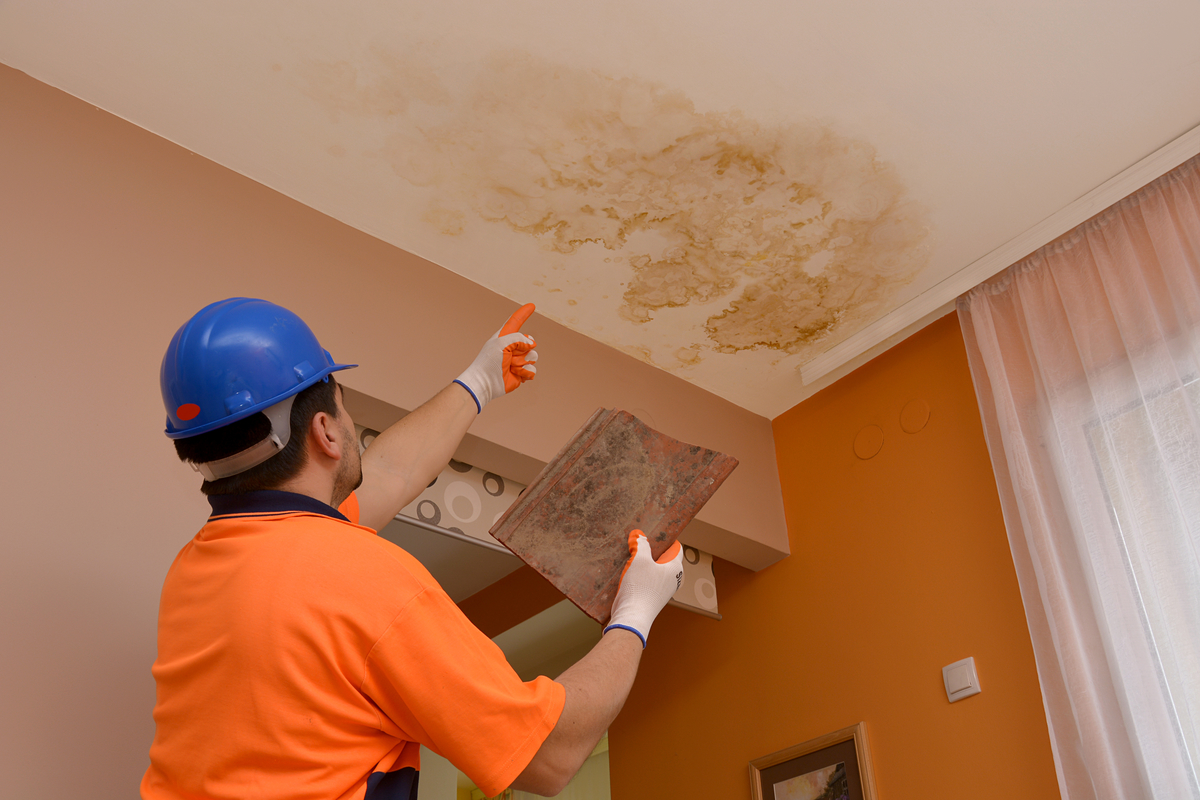Your Residential Most Typical Leak Factors: Analysis
Your Residential Most Typical Leak Factors: Analysis
Blog Article
This great article which follows in relation to Most Common Causes of Leaky Pipes is highly remarkable. Read it for yourself and figure out what you think of it.

Leakages not only cause waste of water however can likewise trigger unnecessary damages to your home and also advertise unwanted organic growth. Regrettably, water leaks could go unnoticed because the majority of the pipework in our residence is concealed. By looking and also comprehending for day-to-day circumstances that create leaks, you can shield your house from future leakages and unnecessary damages. Today, we will consider 6 leakage creates that may be creating your pipelines to trickle.
Intruding origins
The majority of water leakages start outside the home rather than inside it. You might notice damp patches or sinkholes in your lawn, and that could indicate that tree roots are invading water lines creating water to leak out.
Corroded water systems
This may be the reason of staining or warping on your water pipes. If our plumbing system is old, take into consideration changing the pipelines given that they are at a greater threat of corrosion than the newer designs.
Faulty Pipeline Joints
Pipeline joints can deteriorate over time, resulting in water leakages. If you have noisy pipes that make ticking or banging sounds, specifically when the warm water is turned on, your pipe joints are most likely under a great deal of pressure.
Instantaneous temperature level adjustments.
Extreme temperature level changes in our pipelines can trigger them to expand and contract suddenly. This expansion as well as contraction may cause fractures in the pipelines, particularly if the temperature level are below freezing. If you kept an eye on how your plumbing functions, it would be best. The existence of the previously discussed conditions regularly indicates a high danger.
Poor Water Connectors
At times, a leakage can be triggered by loosened pipes and pipelines that provide your home appliances. In situation of a water connections leakage, you may notice water running straight from the supply line or puddles around your devices.
Blocked Drains
Obstructed drains may be frustrating as well as inconveniencing, but they can often end up causing an overflow bring about rupture pipes. Maintain eliminating any kind of materials that might decrease your drains pipes that might block them to prevent such hassles.
All the above are root causes of leaks but not all water leakages arise from plumbing leakages; some leakages could come from roofing leakages. All leakages ought to be repaired immediately to avoid water damage.
Leaks not only cause waste of water but can also cause unnecessary damages to your residence and also advertise undesirable organic growth. By understanding and looking for daily circumstances that cause leakages, you can secure your home from future leakages as well as unnecessary damages. Today, we will look at 6 leak creates that may be creating your pipes to trickle.
At times, a leak can be created by loose pipes and pipes that provide your appliances. In situation of a water links leak, you might see water running directly from the supply line or puddles around your appliances.
How To Check For Water Leak In Your Home
How To Check for Leaks
The average household's leaks can account for nearly 10,000 gallons of water wasted every year and ten percent of homes have leaks that waste 90 gallons or more per day. Common types of leaks found in the home are worn toilet flappers, dripping faucets, and other leaking valves. These types of leaks are often easy to fix, requiring only a few tools and hardware that can pay for themselves in water savings. Fixing easily corrected household water leaks can save homeowners about 10 percent on their water bills.
To check for leaks in your home, you first need to determine whether you're wasting water and then identify the source of the leak. Here are some tips for finding leaks:
Take a look at your water usage during a colder month, such as January or February. If a family of four exceeds 12,000 gallons per month, there are serious leaks.
Check your water meter before and after a two-hour period when no water is being used. If the meter changes at all, you probably have a leak.
Identify toilet leaks by placing a drop of food coloring in the toilet tank. If any color shows up in the bowl after 10 minutes, you have a leak. (Be sure to flush immediately after the experiment to avoid staining the tank.)
Examine faucet gaskets and pipe fittings for any water on the outside of the pipe to check for surface leaks.
Undetected water leaks can happen without the home or business owner even realizing. If you suspect a water leak, but not able to find the source. It is time to contact a professional water leak detection service, The Leak Doctor.
How To Find a Water Leak In Your Home
https://www.leakdoctor.com/blog/How-To-Check-For-Water-Leak-In-Your-Home_AE197.html

As a fervent reader about Common Water Leaks In House, I was thinking sharing that section was a good thing. Loved our write up? Please share it. Let others locate it. Many thanks for going through it.
Connect for quality. Report this page